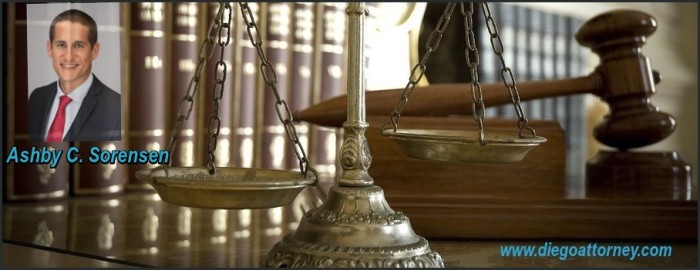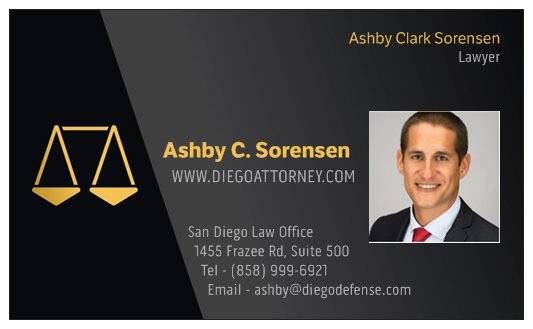When dealing with the legal system there are sometimes many different options when it comes to how you are charged, the punishment you receive and how you can better your quality of life after the fact. Because of attorneys, the judge’s discretion, the laws pertaining to your particular matter and the circumstances involved in your subjective situation, the outcome of sentencing can vary. However, you may have gone through all of the aforementioned stages of the legal system and are now curious as to how a Certificate of Rehabilitation may benefit you. California Penal Code section 4852 states that the court can issue an order declaring that a person convicted of a felony or certain misdemeanor sex offenses is now rehabilitated. This statement may help to create more positive outcomes in situations of employment, housing and other various aspects of life.
How to Obtain a Certificate of Rehabilitation
As for the majority of requests made to the court by an individual, a petition must first be filed. A petition is a formal request to the judge for a Certificate of Rehabilitation, stating reasons why you feel you deserve this certificate, proof of completion of necessary programs and evidence that all requirements of parole, probation, and sentencing have been met. Every petition is unique as is every set of circumstances and individual requesting a certificate is different. Exemplifying your rehabilitation and receiving a certificate is often not a simple or easy thing to achieve, but if the judge grants your request he or she will sign an order declaring your rehabilitation and you will receive a Certificate of Rehabilitation. In addition, you must not have committed any further crimes or been incarcerated consequential to committing the initial offense. Overall, if you do not meet the qualifications for a certificate, the court will deny your petition and you will not be given a certificate.
Benefits of a Certificate of Rehabilitation
Applicably, in addition to having this certificate, receiving a Certificate of Rehabilitation can benefit your life and well-being in a number of ways. Some benefits include increased opportunities to maintain and further your career through employment, relief from the sex offender’s registration if you were required to register and an automatic application for a Governor’s Pardon. The assumption that the certificate will erase or seal a criminal record is not true. In terms of employment, a Certificate of Rehabilitation will also not allow you to answer “no” when asked if you have been convicted of a crime if you were in fact convicted of a felony. Further information regarding how a Certificate of Rehabilitation can and cannot benefit your life should be discussed with an experienced San Diego Criminal Defense Attorney who is qualified to answer your questions and help you proceed with your petition.
Call a San Diego Criminal Defense Attorney to Learn How You Can Receive a Certificate of Rehabilitation
If you are looking for ways to better your quality of life and feel you qualify to receive a Certificate of Rehabilitation, contact Criminal Defense Attorney Ashby Sorensen. With your best interest in mind and years of experience, he will fight for your rights and freedom. Call (858) 999-6921 today for your free consultation.










